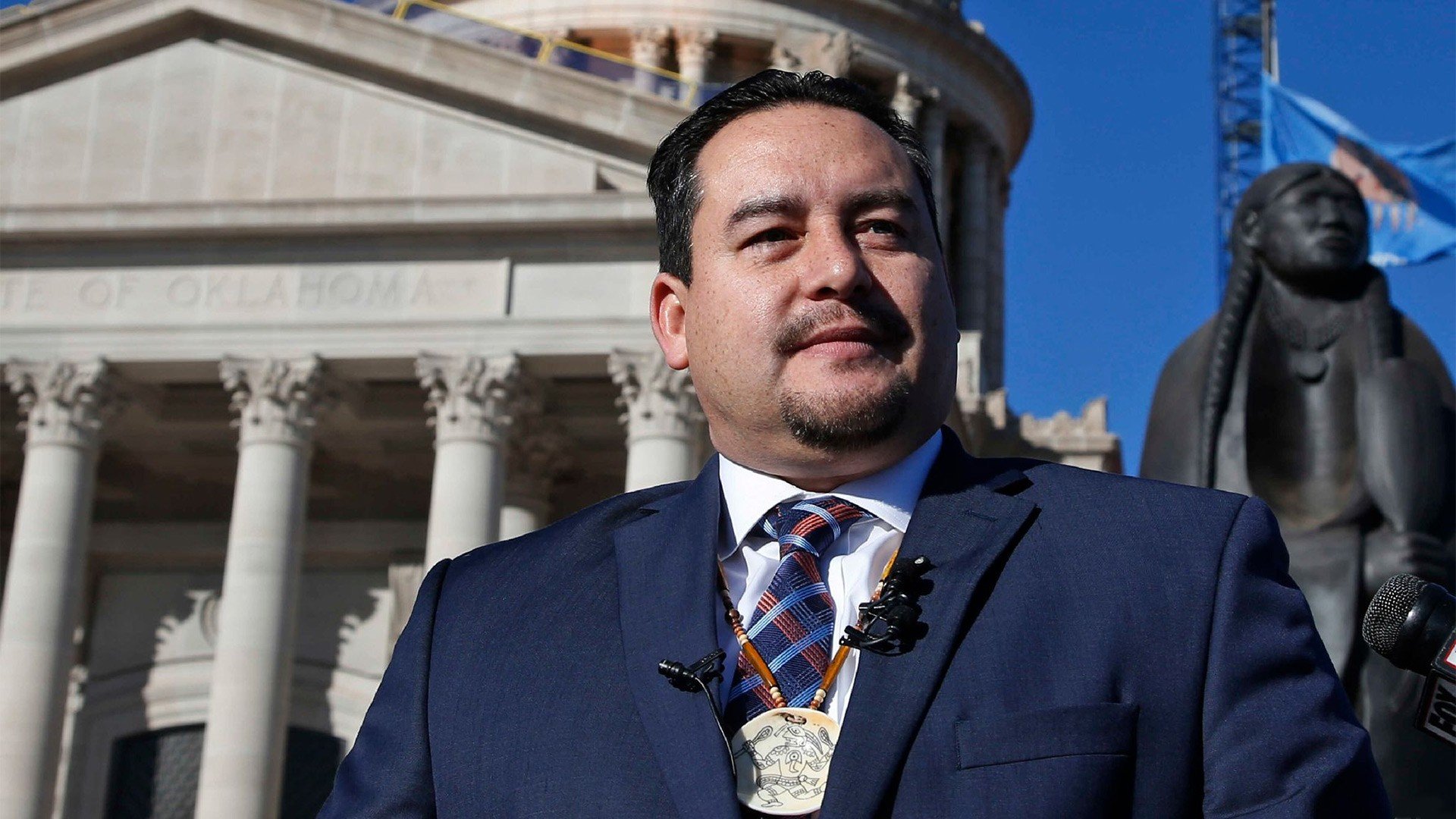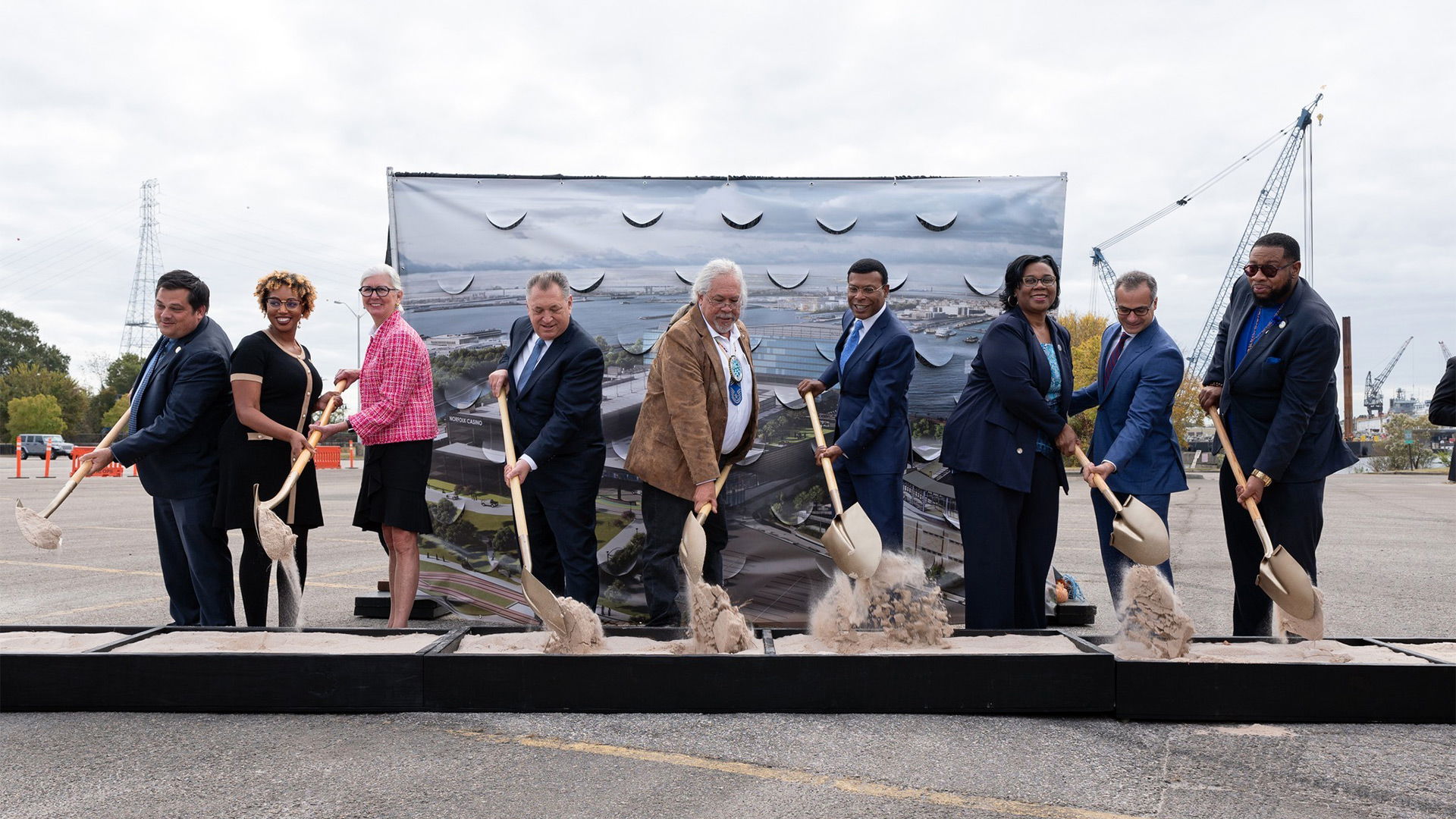Oklahoma tribal nations contributed $23.4B to state economy in 2023, with gaming playing a key role

Tribal nations in Oklahoma contributed a record $23.4 billion to the state’s economy in 2023, according to a new study unveiled Wednesday at the Oklahoma History Center. Gaming played a key role, generating $7.4 billion in revenue.
The report, commissioned by United for Oklahoma and the Oklahoma Indian Gaming Association, captures the growing scale and reach of tribal investments across employment, health care, education, and infrastructure.
The study shows a $4.9 billion increase in economic activity from FY 2019 to FY 2023, nearly double the growth recorded in the previous comparable period. More than 55,600 Oklahomans were directly employed by tribes last year, with the total job impact rising to nearly 140,000 positions, both tribal and non-tribal. Combined wages and benefits reached $7.8 billion.
“The contributions of tribal nations to Oklahoma’s success are substantial and enduring,” said Matthew Morgan, chairman of the Oklahoma Indian Gaming Association. “We invest in infrastructure, fund health care, champion public education, and deliver programs that meet critical community needs.”
Gaming and related enterprises generated $7.4 billion in revenue in 2023, with tribal gaming compacts contributing $208 million to the state in exclusivity fees. More than $177 million of that went directly to support public education. When combined with other educational contributions, the total tribal support for education reached $351 million.
Beyond gaming, tribes spent $582 million providing health services to Oklahomans, including more than 3.5 million unique patient visits. Tribal governments also allocated $133.6 million toward education programs and scholarships, and donated $39.3 million to local communities and universities.
The study, conducted by economics professor Dr. Kyle Dean of Oklahoma City University, is the latest in a series of economic reviews documenting tribal impact in the state. Dean stated that tribal governments continue to function as a reliable and transformative force across Oklahoma’s economy.
“Tribal nations serve as a significant economic force, consistently contributing to the state’s economy with increasingly transformative impact,” Dean said. “With over 100,000 jobs supported and an ever-expanding scope of investments, tribes help build sustainable economies and stronger communities across the state.”
Leaders from six tribal nations gathered for the release of the findings, sharing examples of projects funded through tribal revenue. These included health facilities, drone research centers in rural towns, and public infrastructure serving both tribal and non-tribal residents.
“Gaming revenue for us is just a vehicle that gets us to do all of the things that we want to do for our people and for the surrounding community,” said Iowa Tribe of Oklahoma Chairman Jacob Keyes. Choctaw Nation Principal Chief Gary Batton pointed to the tribe’s investment in drone R&D in Daisy, Oklahoma, as an example of tribal innovation in areas often overlooked by private investment.
“Tribes aren’t going anywhere. We’re not some private industry that will decide to move our headquarters,” said Morgan. “All that money, all of those businesses, all of those programs and services turn over in our communities multiple times.”
















